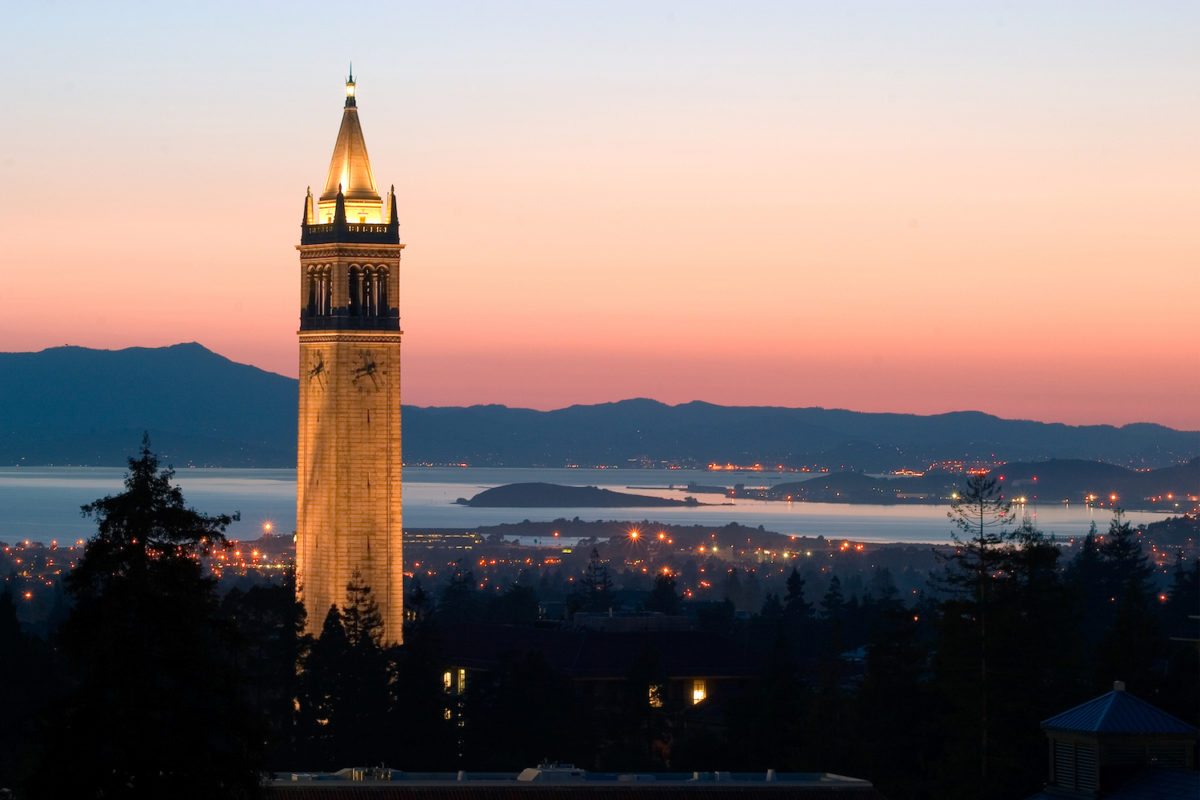
MolSSI Workshop: Software for Advanced Potential Energy Surfaces
Organizers: Teresa Head-Gordon (U.C. Berkeley) and Susan B. Sinnott (Penn State U.)
Location: Berkeley, California
Dates: 1-2 August 2019
Advanced potential energy surfaces, defined as classical or reactive chemistry treatments beyond widely available classical fixed charge pairwise-additive force fields, are encountering software-related obstacles that inhibit their application to grand challenge chemistry problems:
- computational cost of the theoretical models;
- lack of innovation in approximate models and algorithms that can mitigate the cost;
- limited dissemination to a broad range of community codes;
- under-developed software interfaces between theoretical models; and
- lagging quality software implementations on HPC architectures and newer GPU and multicore hardware.
This workshop addressed open software questions across a variety of advanced force fields focused on non-reactive and reactive force fields, which are two communities that rarely intersect. The participants represent a broad cross section of the computational chemistry and materials community involved in software development for force fields in biomolecular, catalysis, and material sciences simulations.
A report on the workshop’s outcomes is available here.
Participants:
Andrew Abi-Mansour, MolSSI
Paul Ayers, McMaster U.
Chandler Becker, NIST
Greg Beran, U.C. Riverside
Jincheng Du, U. North Texas
Adri van Duin, Penn State U.
Jiali Gao, U. Minnesota
Stefan Grimme, Universität Bonn
Martin Head-Gordon, U.C. Berkeley
Jeongnim Kim, Intel Corp.
Paul Nerenberg, CalState Los Angeles
Francesco Paesani, UCSD
Jean-Philip Piquemal, Sorbonne Université
Jay Ponder, Washington U. St. Louis
Andrew Rappe, U. Pennsylvania
Pengyu Ren, U. Texas, Austin
Julia Rice, IBM
Ashley Ringer-McDonald, Cal Poly San Luis Obispo
Brenda Rubenstein, Brown U.
Andy Simmonett, NIH
Lyudmila Slipchenko, Purdue U.
William Swope, IBM
Blas Uberuaga, LANL
Valerie Vaissier Welborn, U.C. Berkeley/Virginia Tech
Lee-Ping Wang, UC Davis
Matthew Welborn, MolSSI
